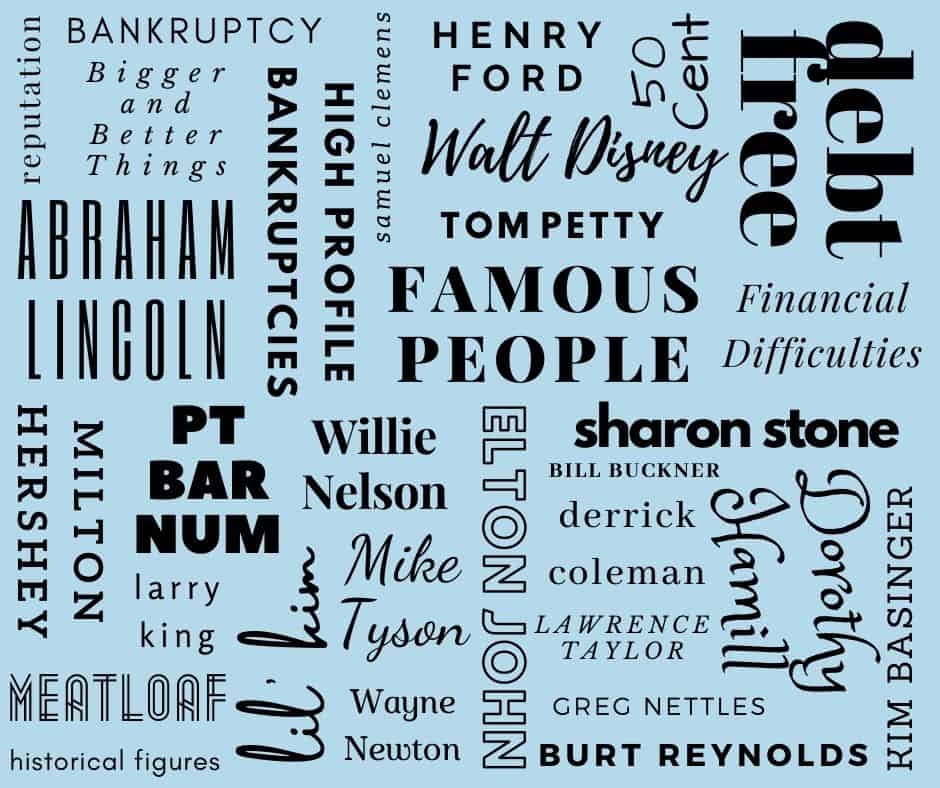Chapter 13 may be a viable option for you if you do not meet the requirements for Chapter 7 bankruptcy. Chapter 13 is also an option if there are certain assets you want to protect from bankruptcy. This blog will offer a brief guide to Chapter 13 bankruptcy.
If Chapter 7 Bankruptcy Is Not an Option
In many cases, debtors turn to Chapter 13 when Chapter 7 is not an option. Very specific debt requirements must be met before the consideration of the filing a Chapter 7 bankruptcy in New Jersey. You must also pass the means test. If your income is too high or you have assets with equity that may be subject to sale by a chapter 7 trustee, you may need to file a Chapter 13 instead. This allows your creditors to recoup part or all of their losses over time. Obviously, giving you a more realistic timeline to repay your debts.
Protecting Your Assets
You might consider Chapter 13 bankruptcy if there are some assets you want to protect. If you’re facing foreclosure on a family home, own a car you want to keep, or you have assets that you would be required to liquidate in a Chapter 7 case, filing Chapter 13 bankruptcy may allow you to protect and keep your assets.
Making Up Your Overdue Payments
The key feature that distinguishes Chapter 13 from Chapter 7 is the requirement to pay back part of your debt. Several factors determine how much you have to repay. Your disposable income is a key factor. New Jersey Median Income Guidelines and the Means Test, in part, determine your disposable income. Furthermore, the amount received by your creditors in a Chapter 13 bankruptcy must be at least as much as what they would get from a Chapter 7.
The Chapter 13 Process
The bankruptcy process is fairly straightforward, regardless of which type of case you decide to pursue. Your initial petition includes information on your financial affairs, current contracts and financial obligations. It also includes a list of your assets and liabilities. Lastly, it includes your bankruptcy plan, which should explain how much you plan on paying each of your priority creditors. Your bankruptcy trustee then holds a hearing that confirms your plan. Once your plan is approved, you must make payments for a period of 3-5 years before your remaining debt is discharged. If your income is lower than the New Jersey median, you may make payments for three years. If your income is higher than the state median, you must typically follow a five-year repayment plan. Your remaining debt is discharged at the end of this period.
Are you ready to find out if bankruptcy is the right choice for you and your family? Was this guide to Chapter 13 bankruptcy helpful? Discuss your options and the benefits of each one by calling Lucid Law at (908) 350-7505.



